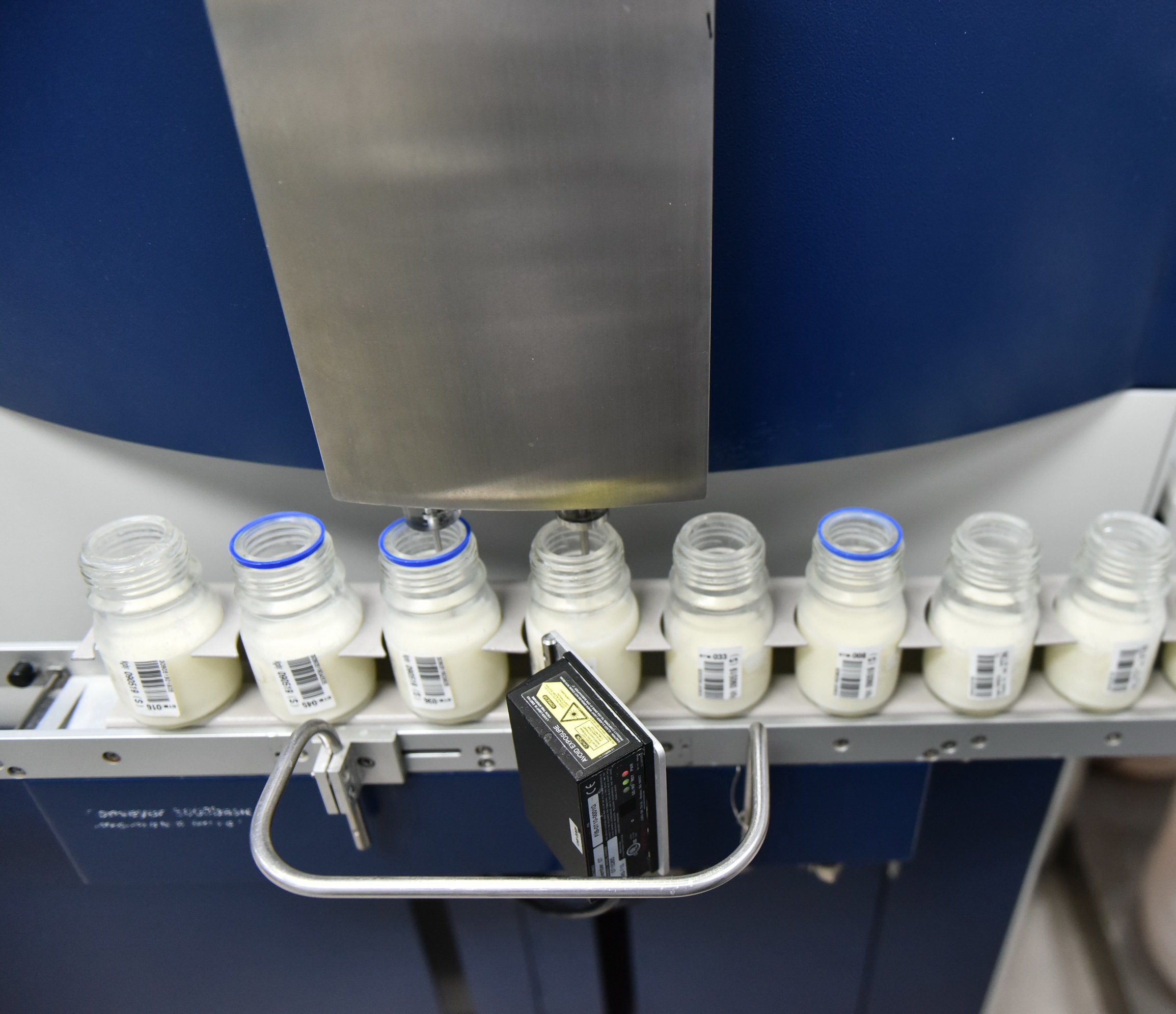The safety level of Dutch Lady fresh milk has increased from the earlier 10 times the Vietnamese standard to 11 times now.

The safety level of Dutch Lady fresh milk has increased from the earlier 10 times the Vietnamese standard to 11 times now.
According to new figures released in 2019, the testing samples of Dutch Lady’s fresh milk have a total plate count that is an 11th of the permitted Vietnamese standard. It was a 10th earlier. This is considered a significant achievement by Dutch Lady in bringing safe and high-quality fresh milk products to its consumers.
Fresh milk produced to Dutch standards is considered to be safe due to its low rate of contamination (much lower plate count than permitted limits).
Milk is one of the biggest nutritional supplements in the world and is popular among all ages, especially children. One of the reasons why consumers trust this unique drink is that the purity and quality of raw fresh milk are verifiable.
However, very few people know that the plate count (also called the aerobic organism rate) in milk must be very low, and that this low count along with a short heat treatment process enables the finished product to preserve its inherent natural freshness.

In Viet Nam’s tropical climate, it is not easy to ensure this index is stable and within permitted limits. Dutch Lady fresh milk is one of the few milk brands that can be proud of its plate count, which is always within the permitted limit and in fact many times lower.
According to the latest report, the Dutch Lady fresh milk samples analysed have an average total plate count (TPC) of 260,000 CFU/ml, lower than the previous 300,000 CFU/ml, meaning the plate count is only an 11th of the permitted 3,000,000 CFU/ml.
To achieve this super low plate count, every day over 170 tonnes of raw fresh milk from more than 2,000 farming households must follow a series of quality protocols and stringent standards, known as “from the grass to the glass of milk” framework.
The first factor to ensure the quality of the milk is the well-being of the cows and healthcare practices in place. In farming households, the cows are raised in cool, airy barns, fed high-quality grass and rested for at least 16 hours a day. The cows are regularly cared for with great love, and the farmers constantly monitor their health.
Following the recommendations of the Food and Agriculture Organization of the United Nations (FAO) along with the application of good dairy farming practices has helped farming households increasingly improve quality control in milk production.

The second factor, which is the most critical, is the milk procurement process, which is strictly controlled by Dutch Lady.
All the milking equipment must be washed, sterilised and dried before and after milking. After milking, the milk is stored in aluminum cans and taken to fresh milk cooling stations within the shortest time, where it is cooled and stored in specially-designed cooling tanks at below 4 degrees Celsius to prevent bacterial infection.
At the cooling stations, the milk must go through many stringent tests to analyse parameters such as the amount of bacteria, protein, fat, and plate count. Dutch Lady has rewarded farmers for milk with low levels of contamination to incentivise them to strive to improve the quality of their milk. Besides, the installation of 24/7 remote monitoring systems to ensure the cooling and storage of fresh milk also helps keep the quality of the milk in the most optimal condition.
By applying strict requirements and standards, Dutch Lady ensures safety and premium taste for its fresh milk, which constantly meets and in fact exceeds consumers’ expectations.
In fact, Dutch standards for fresh milk are considered the gold standard and are popular around the world.





